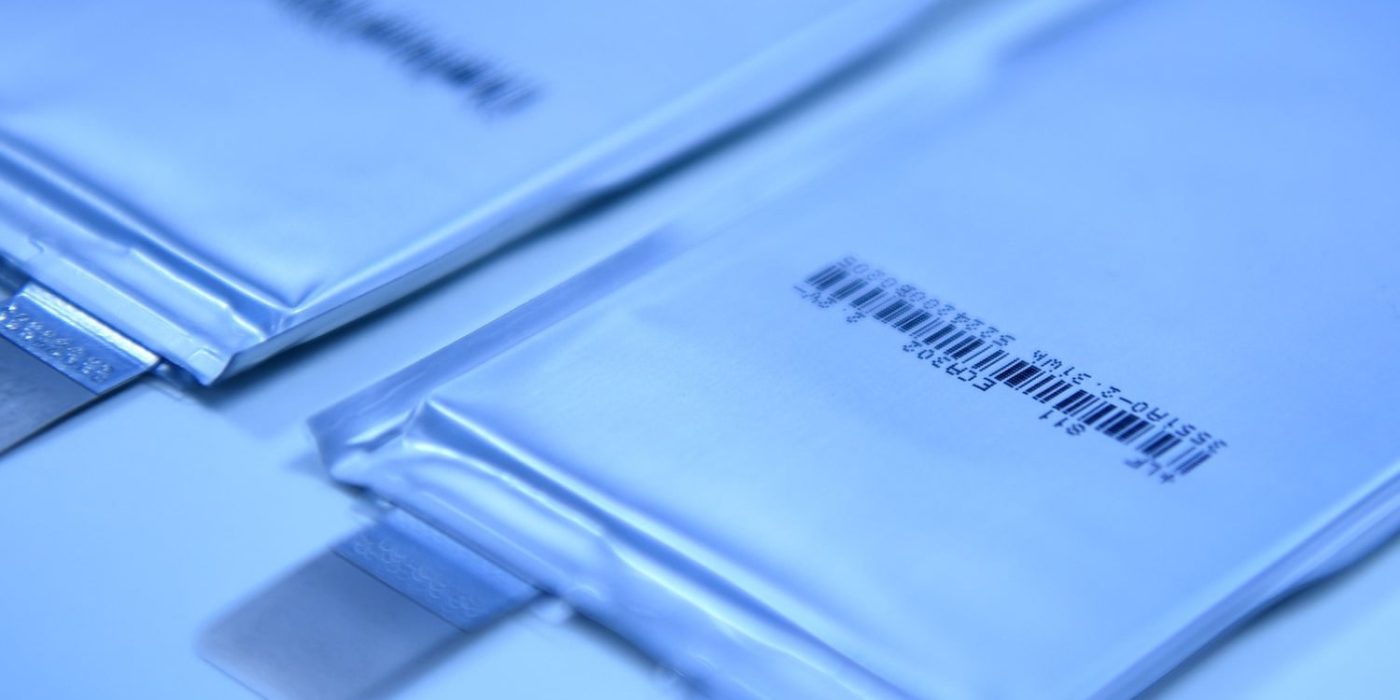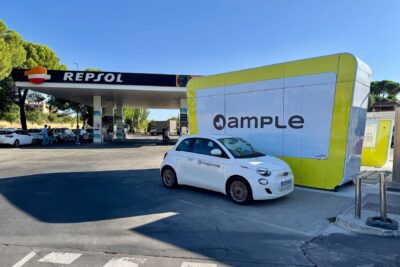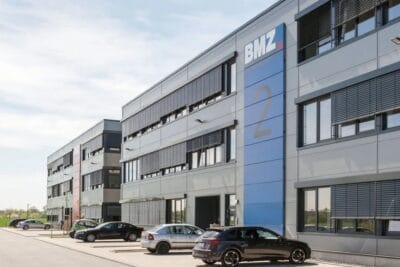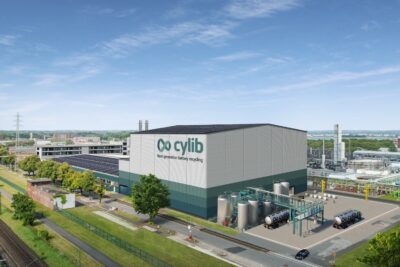Echion receives funds from the Faraday Battery Challenge
The funding will be used for the companies’ joint project “Dancer.” The goal is to commercialise Echion’s XNO battery material, increase its competitiveness and reduce the time to market for XNO applications.
Specifically, the partners want to develop a unique cell “designed to meet the increased life cycle and high-temperature performance specifications that heavy-industry applications require.” Moreover, Echion states in its press release that it “and WMG hope to surpass the automotive industry’s current expectations and requirements beyond 2025” using Echion’s XNO material.
“Lithium-ion batteries powered by XNO are able to safely charge in less than 10 minutes, maintain high energy densities even at low temperatures, and deliver high power across a cycle life of more than 10,000 cycles,” the company states.
The funding awarded by Innovate UK is part of the “Faraday Battery Challenge.” As part of the challenge, the UK government has earmarked 541 million pounds that it will give to companies “focused on developing cost-effective, high-performance, durable, safe and recyclable batteries to capture a growing market” between 2017 and 2025. Echion does not mention how much funding it received for its undertaking with WMG.
“The development and commercialisation of XNO is at a crucial stage, and this project will help us to make meaningful progress in demonstrating the positive impacts our materials can bring to standard lithium-ion batteries,” says Sarah Stevenson, Chief Operating Officer at Echion Technologies. “To be able to undertake this work in partnership with Warwick Manufacturing Group is significant. Their skills and experience in cell design and development will undoubtedly be a major factor in the success of the project.”
Echion’s XNO is, for example, used in batteries for all-electric and hybrid trains, mining haul trucks, high-demand buses, and delivery vehicles. According to the company, they could also be used in motorsport and space.
Echion wants to produce 2,000 tonnes of its XNO anode material by next year and supply it to cell manufacturers. Last year, the company signed a deal with Morrow Batteries, which ordered 150 tonnes of XNO per year over five years. In September 2023, the British company announced an agreement with InoBat, with whom Echion wants to develop high-performance batteries.





0 Comments